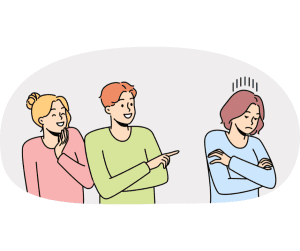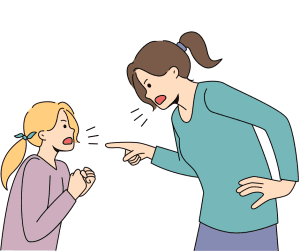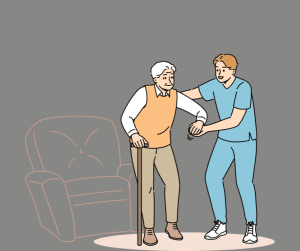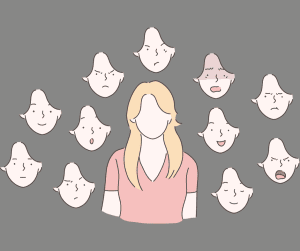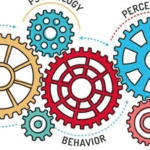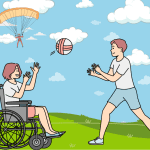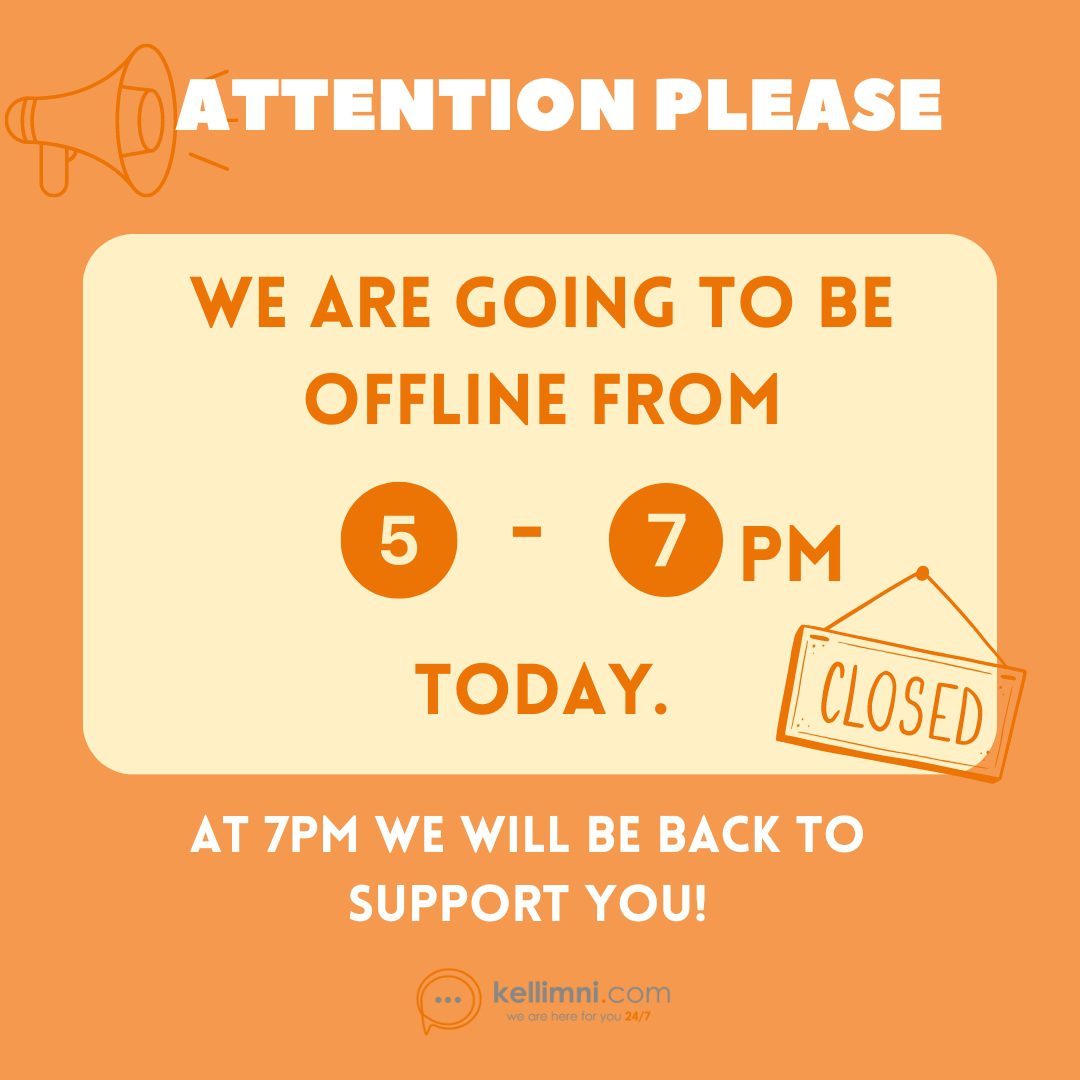What is Cyberbullying?
Cyberbullying is bullying which occurs through Information & Communication Technology (ICT). The devices used to cyberbully include mobile phones, instant messaging, chat rooms, e-mail, webcams, social networking sites and gaming sites. The consequences of cyberbullying can be devastating. Amongst other negative outcomes, cyberbullying may trigger learning and emotional difficulties.
Definitions
Bully – The bully is a child who abuses power to hurt others, repeatedly and on purpose. In teenage years bullies often use verbal bullying like name-calling, or relational bullying, like spreading rumours. This is done to increase the bully’s dominance or social status. Sometimes bullying occurs in groups, where others may join in the bullying to impress the bully who they look up to or are afraid of.
Victim – The victim rewards the bully by yielding control and showing signs of intimidation. Oftentimes, the victim does not garner support from bystanders and does not report the bullying. However, victims can defeat the bully by responding assertively, rallying support and reporting.
Bystander – The bystander plays an important role in promoting or preventing bullying. Generally without realising, the bystander may be encouraging the bullying by providing an audience, keeping quiet, actively encouraging the bullying or even joining in. Bystanders can stop bullying if they help the victim, speak out against the bully’s actions or report the bully.

- It requires a form of technology;
- It can take place 24/7, and can happen in places usually considered safe;
- It also means that the bully has entered the personal space of the victim.;
- It can have a huge audience;
- The bully may believe that she/he is anonymous but this is not true since any electronically-generated message will always leave a footprint;
- Sometimes cyberbullying can start as a joke, without considering the victim’s feelings;
- Cyberbullying can go undetected for long periods;
- Both the victim and the observer can do something about cyberbullying;
It is very important that the victim of cyberbullying knows how to respond (see FAQS LINK).
Keep Safe
It is important to use the internet responsibly by posting images and text which we will not cause regret later. Although we may be sharing these with people we trust, they may fall into the wrong hands or be used in ways that we will not have anticipated.
- Never hand out personal information, including usernames and passwords;
- Do not put all your personal details (such as address, mobile number) on a social media profile;
- Consider everyone’s feelings before posting or sharing text or images;
- Do not post photos that may compromise your or your friends’ dignity if they are shared;
- Engage in discussions about what is
More information about keeping yourself safe online is available on http://www.besmartonline.org.mt/
What to do if you are a victim of Cyberbullying?
Although it may be difficult or scary to report cyberbullying, reporting is the right thing to do.
- Keep evidence: Do not to delete the messages or images as these are proof of cyberbullying and can help adults stop the bullying.
- Speak up: Keeping quiet about it makes the bully’s life much easier! Telling a friend may be an option, but make sure the person you tell does not give away what you told him/her, as bullies may bully even more if they find out someone has told on them. A trusted adult may help you stop the bullying. A professional like the school counsellor, teacher or Kellimni.com will be able to listen to you, help you be more assertive while staying safe, managing anger and helping you increase your self-esteem and self-confidence.
- Block: Report and block the bully from your social media account;
- Keep it cool: Although you may be angry at the cyberbullying situation, do not try to get revenge;
- Schools: All schools in Malta and Gozo are responsible for ensuring that all children attending their school are safe. This includes that they are free from cyberbullying. If you are a victim of cyberbullying or know someone who is, you may consider telling an adult at school, such as a teacher or counsellor who you trust.
- Cyber Crime Unit: This is a specialised unit in The Malta Police Force dedicated to crimes that occur via technology and the internet. The Cyber-crime unit can take steps to identify the bully. It is important to remember that all electronic equipment will leave a footprint that is visible to the Cyber-Crimes Unit of the Malta Police Force.
- ChildWebAlert Hotline: This is an online reporting system managed by Agenzija Appogg with the support of BeSmartOnline and other partner organisations. ChildWebAlert provides a secure and confidential environment where online child abuse can be reported, investigated and taken off the internet. The Hotline team also offers support to victims of online child abuse. You are encouraged to report images, videos and text containing children (up to 18 years old) through the link: www.childwebalert.gov.mt/
- Laugh at yourself: If you are being picked on for a feature that you have, such as the way you walk or talk, you can laugh at yourself and carry on acting as you were before. Bullies are mean because they know they can hurt you. If you don’t act hurt then they lose their point or purpose for bullying you.
- Know your strengths: Keeping a list of all the things you do well, or like about yourself and your life, near your bed, for you to read everyday, can really lift your spirits. Remember to list if you are a good freind, a caring person, musical, artistic, sportive, helpful – these are all good qualities that will remind you of the good parts of your life and of the things that make it good to be you.
- Love yourself: There is nothing wrong with being you and the cyberbullying does not take place because of who you are. Be comfortable with yourself and others will be, too.
What to do if you are a bystander of Cyberbullying?
- Take a stand: Acknowledge and assert that cyberbullying is not ok.
- Be supportive: Support the victim by hearing him/her out and encouraging him/her to speak up and report the bullying;
- Keep evidence: Encourage the victim to keep the messages or images as these are proof of cyberbullying. If you have access to the cyberbullying material, you may help the victim store these messages or images.



